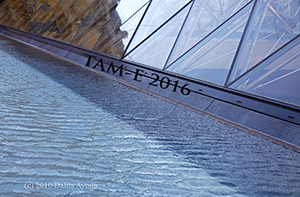The following are the main issues addressed in research on modality: (i) what is the difference between root and epistemic modality? (ii) what meanings exactly do modals have? and (iii) are these meanings part of the semantics of the modal expression (polysemy) or are these meanings pragmatically derived interpretations of a single meaning (monosemy)? In this paper, I argue that the difficulty to answer these questions results from the misconception that they all are directly related to the modal expressions themselves. I will show that a better understanding can be arrived at by combining insights from Construction Grammar (CxG) and Relevance Theory (RT). More specifically, I argue that two different constructions (i.e. form-meaning pairs) are involved in English: a (modal) verb and a more schematic modal construction (MCx) in which the verb occurs, each with its respective form and function. I will also explain the interaction between the two constructions, and show how the (modal) verb inherits part of its meaning from the MCx. In addition, building on the Relevance theoretic distinction between conceptual and procedural meaning, I argue that the (modal) verb encodes conceptual meaning whilst the MCx encodes procedural meaning. It then becomes clear that the contribution of the two constructions to the modal sentence varies and therefore that the answer to the questions raised above will be different depending on the type of meaning that is at stake. The distinction argued for seems, therefore, rather necessary. Furthermore, the advantage of this approach is that it can also explain the use of modal expressions other than modal verbs (e.g. nouns: permission, risk; adjectives: vital, acceptable; adverbs: probably, maybe), and account for both the formal and functional diachronic development of modal expressions in English.
- Autre

 PDF version
PDF version
